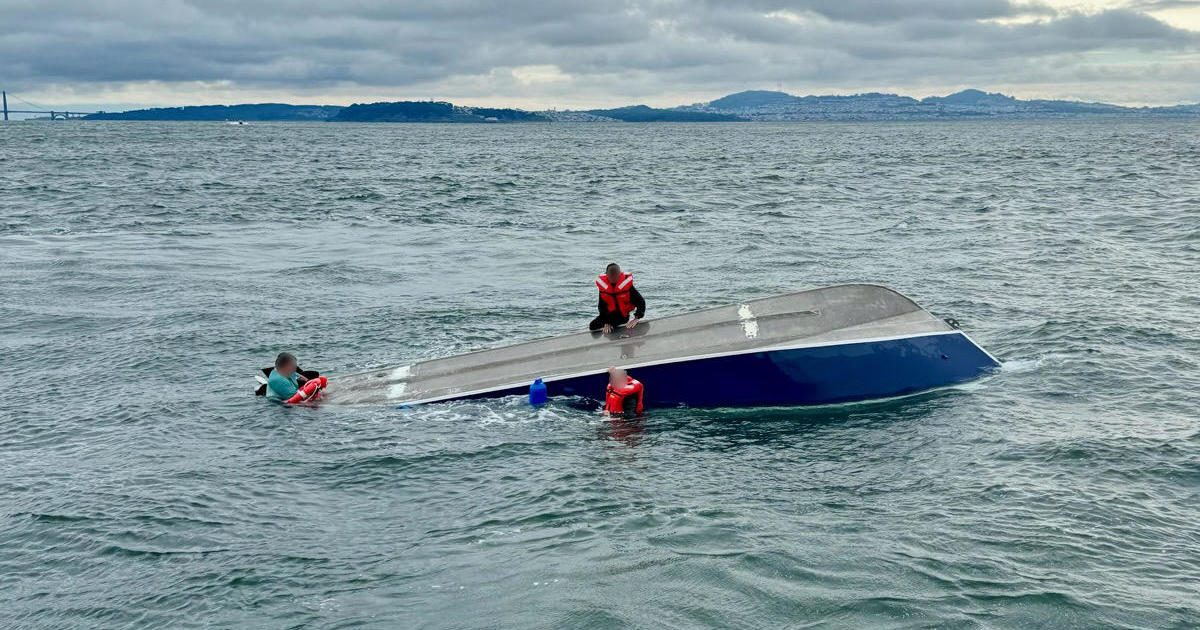Scientists Issue Dire Warning On Ocean Health At SF Climate Summit
SAN FRANCISCO (KPIX 5) -- Scientists met at an ocean summit in San Francisco Thursday morning to discuss the effects of climate change on marine habitats in the region.
Their discussions may shed some light on why so many gray whales have been dying in San Francisco Bay lately.
The fifth annual Ocean Climate Summit didn't address whales directly, but if one point was made at the conference, it is that everything is connected and being affected by the waters getting warmer.
Dr. Cynthia Catton, who works for the California Department of Fish and Wildlife, told a shocked audience that 90 percent of the kelp north of SF Bay has already disappeared.
"You know, 10 years ago it seemed like climate change was maybe a bit abstract and we were thinking about, 'How would we respond to this?' Now we have very tangible examples," unfortunately, Dr. Catton said.
One of those examples is what's happening to the gray whales. Seven have died inside San Francisco Bay since March, most from malnutrition. Mary Jane Schramm with the Greater Farallones National Marine Sactuary says it's not a good sign that they're coming into the bay at all.
"For a lot of them it's an act of desperation," said Schramm. "They're desperate for food."
Gray whales normally only eat during the three months they spend in the Arctic. They feed on tiny creatures in the mud which are dependent on algae growing on the bottom of the floating ice cap.
"Now, since the polar ice cap has shrunk so much, that has eliminated the Gray Whale's food supply," Schramm told KPIX 5. "They don't have enough energy reserves to make it alive back to their feeding grounds."
So they are literally starving before they can get home. Something similar happened in 1999-2000 when nearly a third of the world's gray whales died.
Those numbers have rebounded and the population is up again, but Schramm says as the ice melts and the food supply dwindles, it could lead to the beginning of another die-off.
"Now we know to expect them periodically, but it doesn't make it any less heartbreaking to see it," Schramm said. "It may just be a reality that we live with."
The gray whale population is fairly healthy currently at about 21,000 in total. But researchers say that this year, half of the whales reaching breeding grounds in Mexico appear to be undernourished.
The news is bleak, but scientists at the summit say it's important not to give up hope. Because when people give up hope, they give up trying. And scientists say there's a lot of work to do to keep things from getting worse.



